Recently, a delegation of young scholars from top think tanks in 11 Latin American countries, including Cuba, Mexico, Brazil, and Chile, visited Beigou Village in Bohai Town, Huairou District. The aim was to gain insights into China’s achievements in poverty alleviation and rural revitalization.
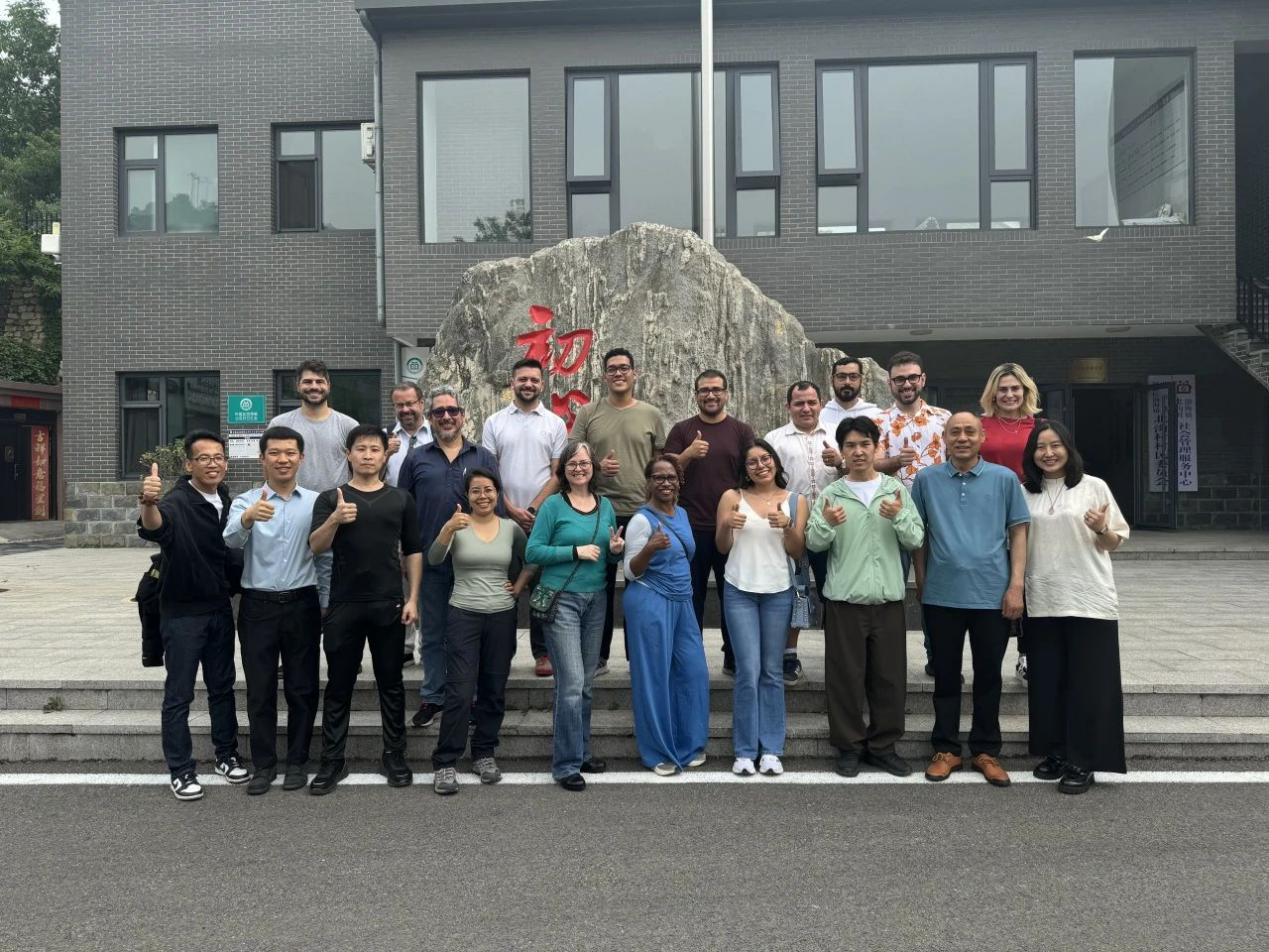
Located in a semi-mountainous area, Beigou Village is renowned for its picturesque scenery and has been once recognized as “the Most Beautiful Village in Beijing”. In recent years, the village has capitalized on its proximity to the Mutianyu Great Wall to develop rural homestays, which has grown into a mature industry. Moreover, adhering to the concept of “urban renewal”, the village has transformed its former village-owned glazed tile factory and abandoned gas station into well-known boutique homestays.
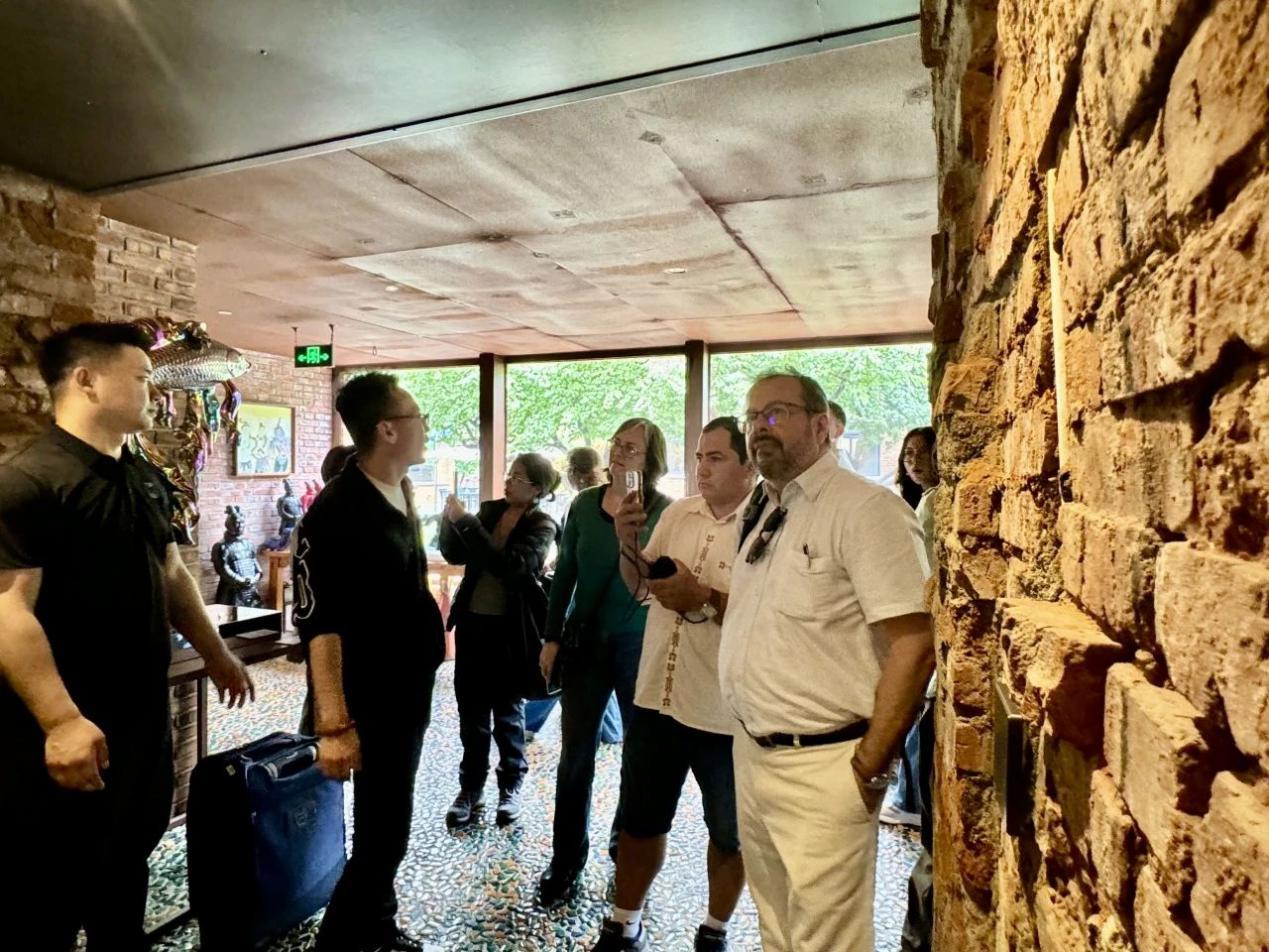
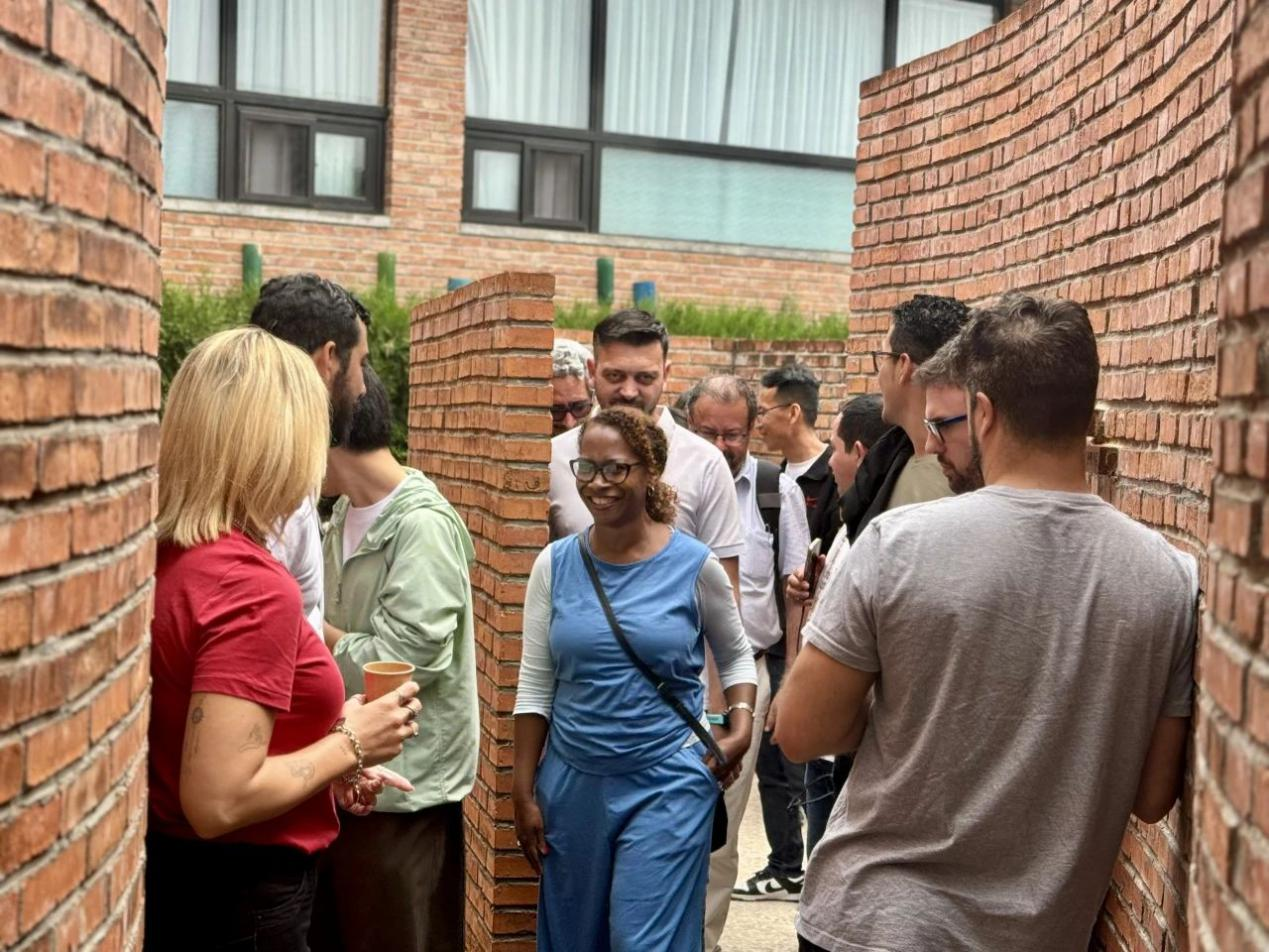
At the Brickyard Hotel, the delegation listened attentively to introduction about the protection, renovation, and daily operations of the hotel, gaining a thorough understanding of how an abandoned factory was successfully turned into a cultural heritage hotel. While appreciating the hotel designs that perfectly harmonize with the landscape, the young Latin American scholars also marveled at the effective implementation and fruitful results of rural revitalization in suburban Beijing.

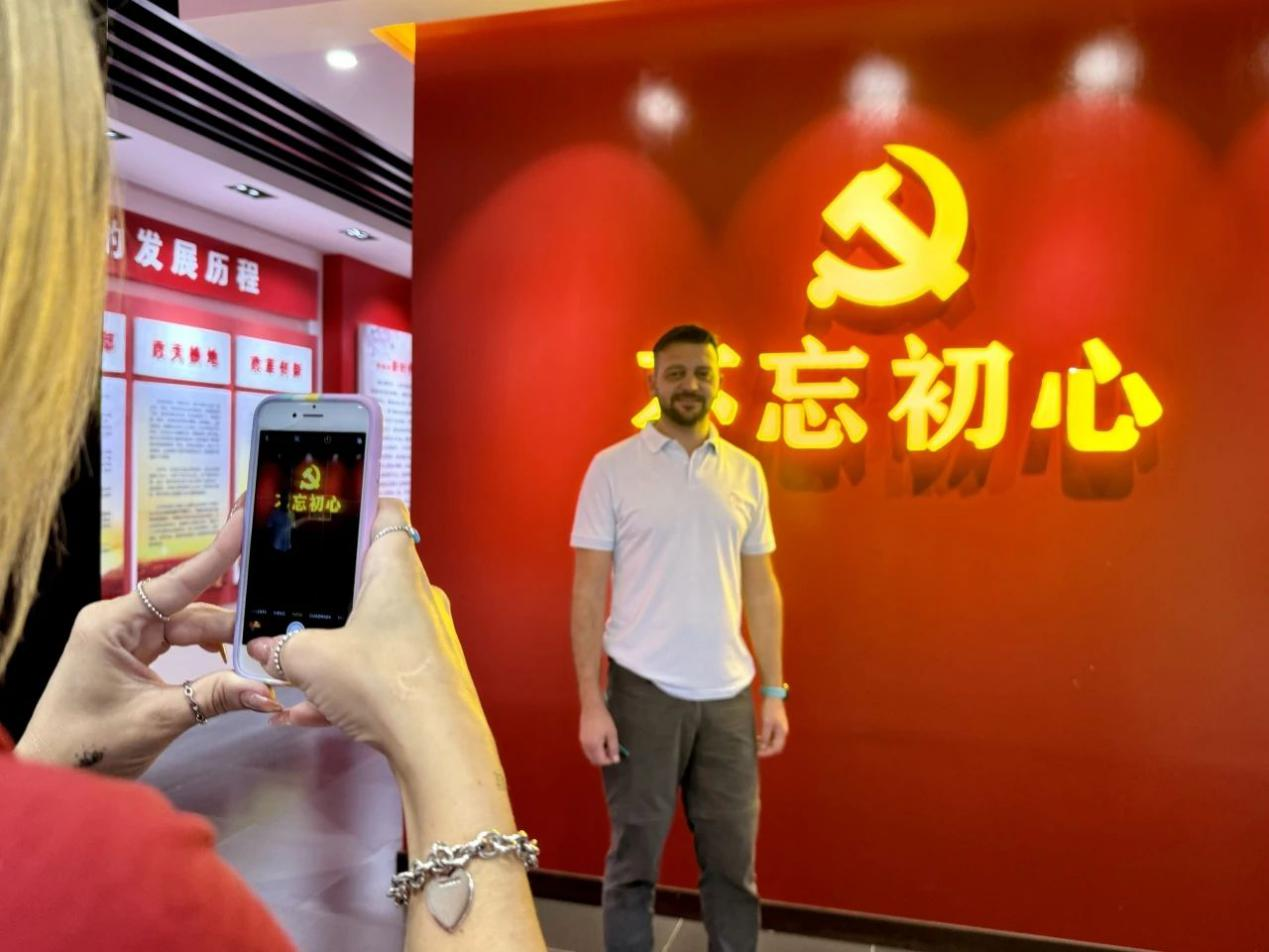
In recent years, by prioritizing folk tourism, Beigou Village has been promoting the in-depth integration of agriculture, culture, and tourism for rapid economic development. These efforts have attracted many foreign investors and residents, earning Beigou the reputation of an “international village”. At the village history museum, young scholars expressed interest in village governance and how it becomes a magnet for foreigners. Taking the Village Customary Law as an example, the village Party secretary highlighted Beigou’s practice of the whole-process people’s democracy. He elaborated on the village’s transformation from a poor, backward corner to a modern, cultural, and international village by developing a distinctive leisure tourism industry that creates jobs and increases villagers’ incomes. The young Latin American scholars praised Beigou Village’s solid primary-level Party building and its role in leading rural revitalization. They took photos in front of the Party emblem to commemorate their visit.
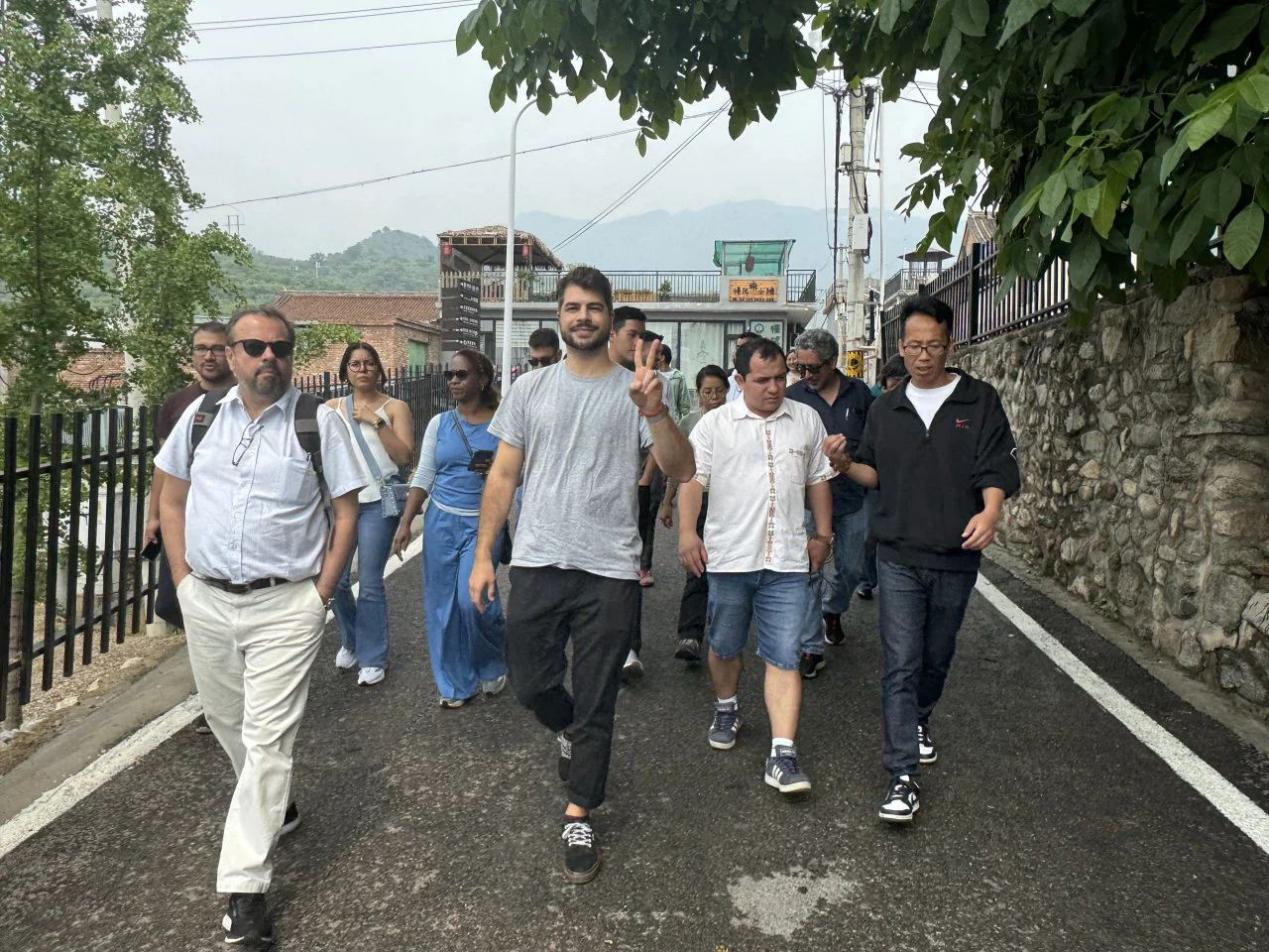
“The village is surrounded by green wood. Blue mountains slant beyond the city wall.” With the magnificent Great Wall in the distance and neatly arranged houses up close, the delegation was captivated by the scenery of Beigou Village. Impressed by the village’s approach and achievements in rural revitalization, they expressed a willingness to further learn from the good practices to support rural development in their own countries.


